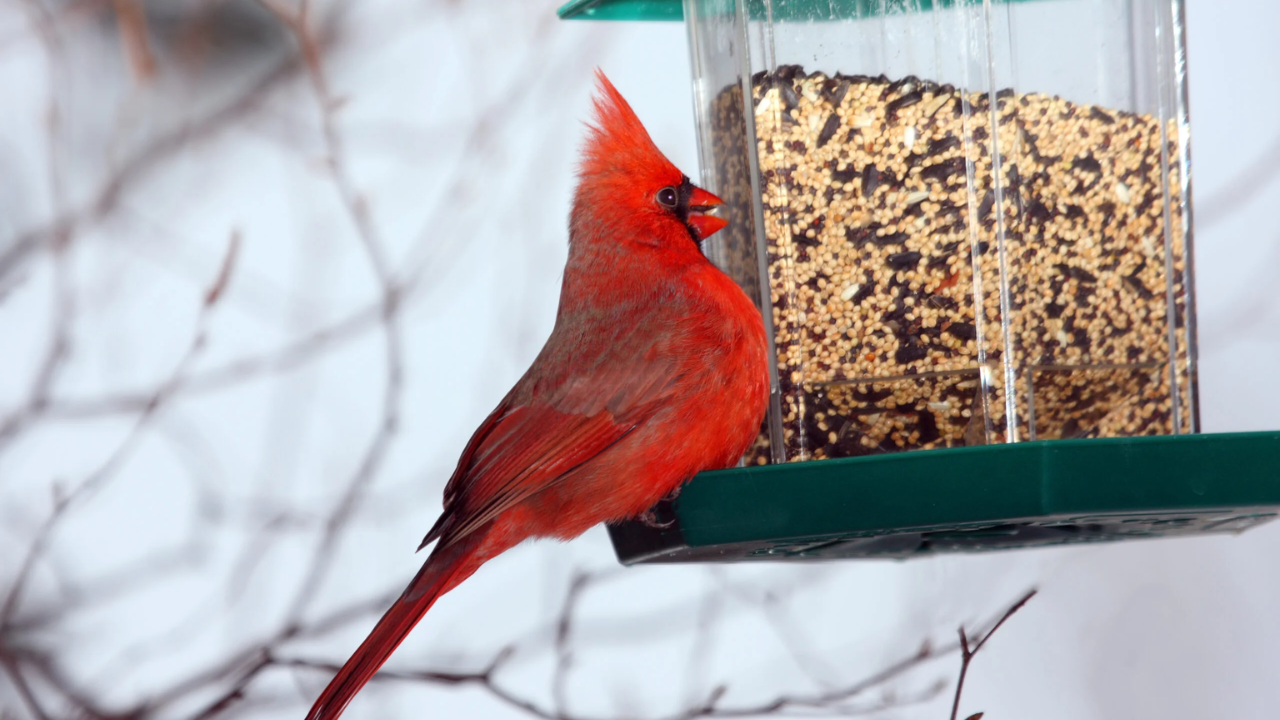A small town in New Jersey has officially banned the use of bird feeders, sparking discussions at the state level for a possible wider ban. Residents of Stafford Township in Ocean County are no longer allowed to put up bird feeders on their properties.
The town council passed the ban earlier this year, citing increasing concerns over rats and other pests being attracted by the leftover bird food.
The ordinance has gained attention not only across the township but throughout the state. Local lawmakers and environmental groups are now in active talks about extending the bird feeder ban to the entire state of New Jersey. This development has triggered a debate among residents, bird lovers, and pest control experts.
The move to ban bird feeders started after several complaints were received from Stafford residents about rodent infestations in their neighborhoods. According to township officials, bird seed that falls to the ground is a major contributor to this issue, as it provides an easy food source for rats and other rodents.
Township Administrator Matthew von der Hayden explained that while bird feeding may seem harmless or even helpful to the environment, it’s become a growing problem in suburban and residential areas.
He said the town had received repeated complaints, especially from residents living near wooded or marshy areas. These locations tend to be more prone to rat activity, and when food is readily available, the pest issue only gets worse.
Under the new rules in Stafford, residents are not allowed to place bird seed outdoors in any form. If someone is caught violating the rule, they can face fines or other penalties. The law applies to everyone within the township, regardless of whether they live in densely populated areas or rural parts.
Officials also clarified that the goal is not to target people who enjoy watching birds but to protect public health and property values. Rats, according to local pest control companies, have been showing up in record numbers around bird feeder locations.
While some residents feel frustrated by the sudden change, others say they understand the health and sanitation concerns behind the move.
Meanwhile, some lawmakers in Trenton, the state capital, are pushing to introduce a similar law that would apply across all towns and counties in New Jersey. State Senator Christopher Connors, who represents parts of Ocean County, has already begun discussions on drafting statewide legislation.
He noted that rodent-related issues have been rising in both urban and suburban areas, and addressing the root causes, like bird feeders, could help manage the problem before it gets out of hand.
Environmental and animal welfare groups are also weighing in. Some support the ban, saying human-provided food can disrupt the natural feeding behavior of birds. Others argue that feeders help sustain bird populations, especially in winter, and offer educational opportunities for families and children.
Birdwatchers and backyard nature lovers have raised concerns that the ban might discourage people from engaging with nature.
One Stafford resident said that watching birds from her kitchen window had been a calming activity during stressful times. “Now that it’s banned, I feel like a part of my daily joy has been taken away,” she said.
However, supporters of the ban say that it’s not about limiting anyone’s love for nature, but about addressing a serious problem.
A local pest control business owner shared that they have seen an increase in service calls for rat infestations in the last year, with many cases involving homes that had bird feeders in the yard. According to him, even the best-designed feeders spill some amount of seed, which rats quickly learn to rely on.
Other towns in New Jersey are now closely watching what happens in Stafford. If the local ban proves effective in reducing rodent problems, more municipalities might follow the same path. Health departments in neighboring towns have reportedly started doing their assessments of feeder-related issues.
The ban also raises questions about how to balance personal freedoms and public health. Some legal experts believe that a state-level law could face challenges if it’s seen as too intrusive or without strong scientific evidence. Yet, public safety concerns and rising pest control costs are pushing local leaders to look for quick and effective solutions.
The Stafford Township Council said they may revisit the law if it causes unintended problems, but for now, they are firm on its necessity. Residents have been advised to attract birds in other ways, such as planting native shrubs and trees that naturally provide food and shelter without the mess of loose seed.
As the issue continues to grow, towns and cities across New Jersey are being urged to educate residents about cleaner, safer alternatives to traditional bird feeders. It’s not yet clear whether a state law will be passed, but the conversation has already started.
For now, Stafford’s ban stands, and residents are adapting. Some have already removed their feeders, while others are still hoping the law will be revised. Until then, bird lovers in the town must find new ways to enjoy feathered visitors—without putting out a single seed.






